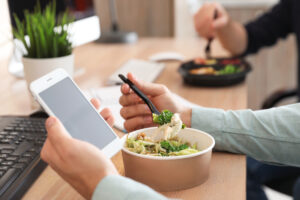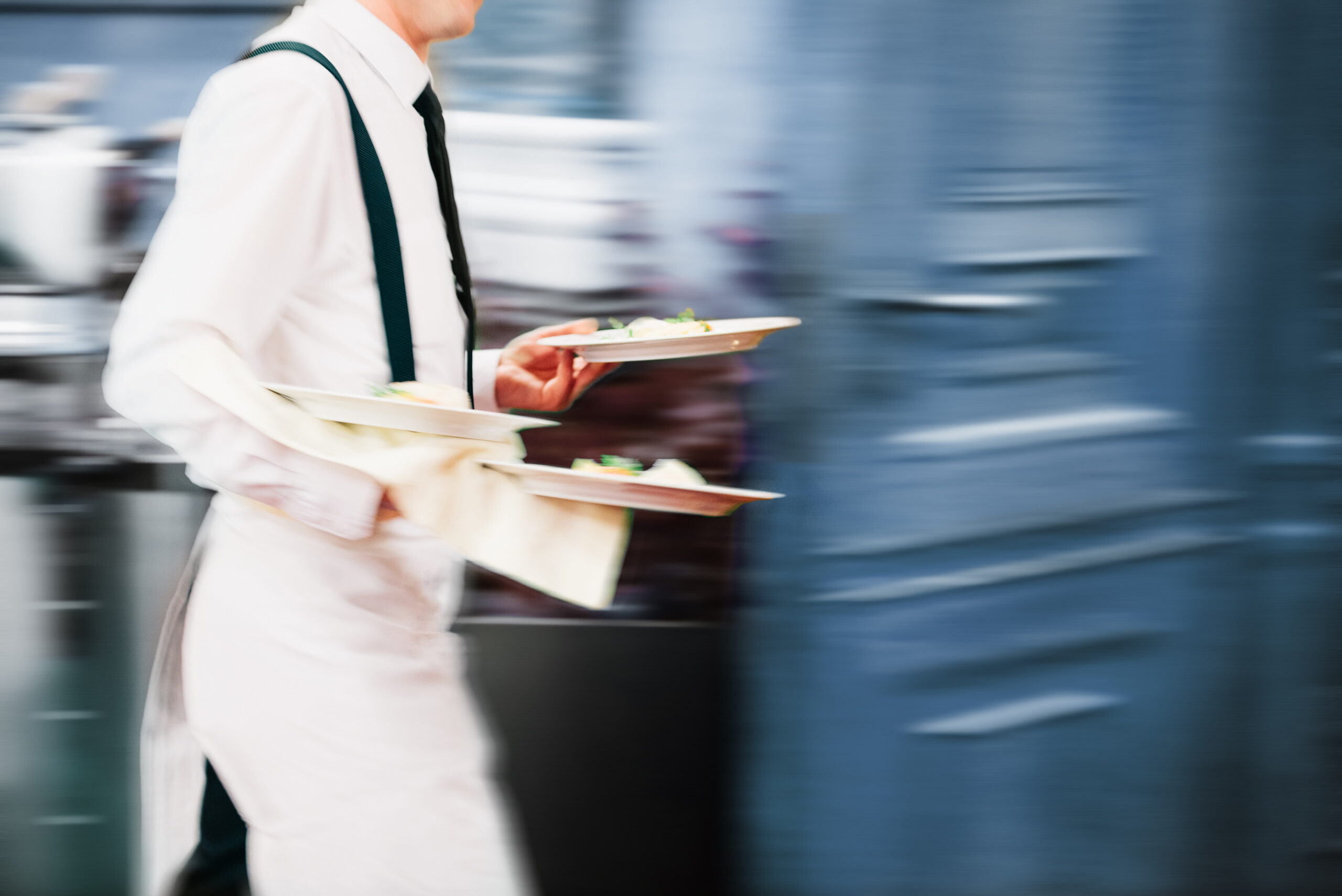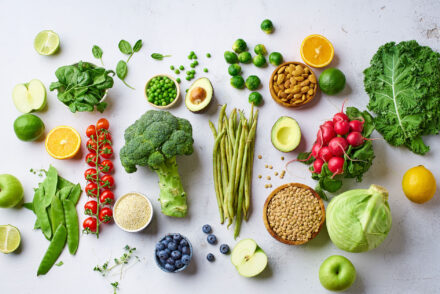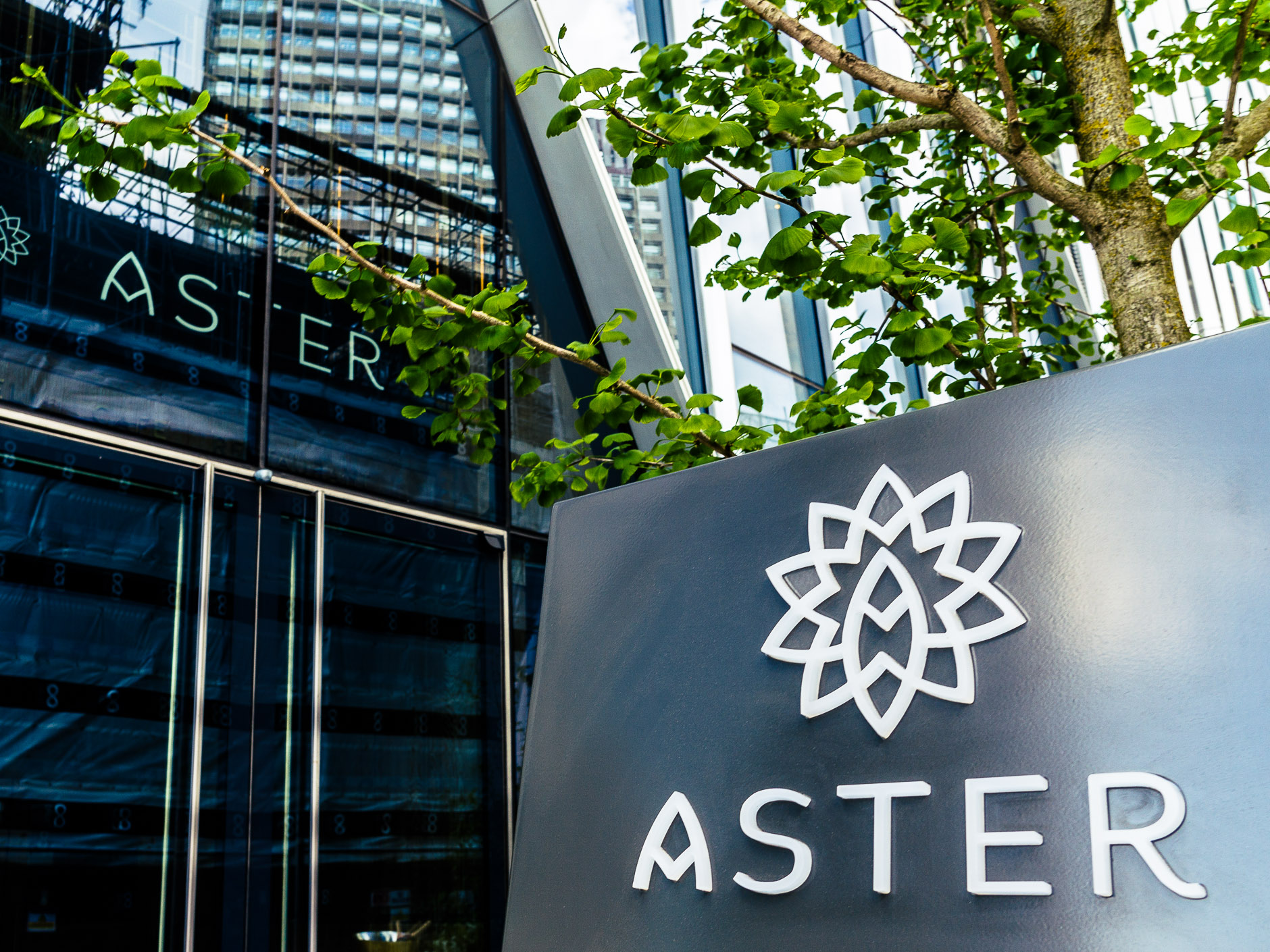“Lunchtime is lunchtime, whether you are a poet or a mathematician or a gangster,” says Cantabile in Saul Bellow’s Humboldt’s Gift. Oh many people crow on about the importance of breakfast, and if you go to Dishoom in King’s Cross at 9am you can see its popularity amongst the bacon naan acolytes, but what about lunch?
Lunch comes in fifty shades: there’s the humble sandwich, the nutrient-rich smoothie, the Christmas Day blowout. Whatever form it takes we can perhaps all agree with Fergus Henderson of St John who once observed in an Instagram post that “lunch has a pivotal nature, it is a hook on which you hang your day. A day without lunch lacks structure.”
Yet modern life has become so frenetic that we’ve somehow lost our way when it comes to our midday meal. Lunch breaks have given way to sandwiches al desko, ready-made salads hoovered up on trains, yesterday’s Tupperware box re-filled with today’s cold pesto pasta. For many during the working week especially, whether at home or not, it is no longer a meal to be enjoyed but merely a re-fuelling pit stop whilst the foot is still on the accelerator. This puts our health at risk whilst most restaurants, especially during weekday afternoons, remain quiet.
This has come into sharp focus ever since Covid entered our lives. Just before the first lockdown in March 2020, and that first slump in consumer confidence, many took to the hashtag #lunchgoeson to try and keep restaurant trade ticking over. A few months on, with the first lockdown lifted and the ‘Eat Out to Help Out’ scheme brought to an end there came another slump, especially with the government’s prevarication about returning to offices and that ill-thought-out 10pm curfew on top.
Evening trade may have picked up again but let’s not forget about lunch. Popping out for lunch can be mutually beneficial: for the customer it helps maintain physical and mental health; for the restaurant it might be throwing them a lifeline. But perhaps first we need to get re-acquainted with the very concept of lunch…

Lunch ‘al desko’
The Lost Art of Lunching
Probably my favourite depiction of the ideal lunch is in the Montreal episode of Parts Unknown where Anthony Bourdain meets Fred Morin and David McMillan, the “hopelessly romantic” owners of restaurant Joe Beef. After a session of ice fishing they stop for a seemingly impromptu lunch in a wooden shack. As they reflect on the “dying art of dining” they enjoy a light restorative midday meal comprising glacier bay oysters, oxtail consommé, lobster à la parisienne, lievre à la royale, Joel Robuchon-inspired potato purée, ripe gooey Epoisses and gateau marjolaine, all washed down with a natural white Burgundy, a bottle of Thierry Allemand Cornas, Chartreuse and finished off with Cuban cigars. “For these guys this is normal,” Bourdain tells us. “This is lunch”. It’s a bittersweet ode to hedonism, now very sadly over-shadowed by Bourdain’s suicide in 2018. (He was a legend, and not just in his own lunchtime).
Whilst lunch doesn’t need to be as decadent as this (you’d soon be bankrupt, get gout, get fired or a combination of all three), it speaks to the soul and the very purpose of a meaningful break. Quoting Fergus Henderson again, a “good lunch has a spiritual effect, leaving you excited by life’s possibilities and a whole afternoon to act upon them.”
Since when did KPIs take precedence over a lovely plate of aubergine parmigiana?
Schools have lunch breaks. Prisons most probably do too. The Sunday roast is sacrosanct for many. But what happened to the office lunch break during the week – even during lockdown? Of course many office workers are still fortunate enough to be working, but does anyone stop for lunch? Nope, they’re still powering through their lunch breaks but in their homes instead. Since when did KPIs take precedence over a lovely plate of aubergine parmigiana?
Cultural differences
Sometimes I wonder whether the general lack of interest in a weekday lunch is a uniquely British or American phenomenon. A few years ago I was fortunate enough to work in Paris (merci beaucoup free movement). In that office, just off the Champs Elysees, you had a lunch break of 90 minutes and – get this for a revolutionary idea – employees took their break. I remember as a stagiaire (French for junior office lackey) I was tasked with some proof-reading around 12.30 one day. It seemed rather urgent so I told my boss “it’s OK, I’ll work through lunch and get it back to you by 2.” “No!” she exclaimed, horrified by the suggestion. “You must have your lunch”. For the French, at this time of day, their stomachs are their priority. Each day a group of us would head out to a nearby bistro and actually break bread together (on Fridays we were occasionally méchant and had a glass of wine. I know, how dare we?). Some accuse the French of being workshy but I never witnessed any of this. Indeed, as a consequence of the longer lunch break you would be expected to finish work a little later, say around 7pm, but you had that little bit of joie de vivre at lunchtime to brighten up your day. On a personal note I found it much more motivating. Furthermore, I noticed my French colleagues hardly ever snacked on biscuits or other junk food (though they did take a lot of cigarette breaks).
Returning to the UK I had to adjust back to the unwritten rule that lunch does not mean lunch. You’re contractually entitled to that hour of course but no-one seems to exercise that right. The advent of the 1pm conference call was the death knell of civilisation as we know it.
Perhaps one theory for this is what the French call an ‘Anglo-Saxon’ attitude. Going back to Thatcher/Reagan era conservatism, it was exemplified by fictional characters such as Gordon Gekko, who famously said that “lunch is for wimps”, or the film version of Glengarry Glen Ross where Alec Baldwin tells the hapless salesmen that “coffee is for closers only”. What the French regard as a fundamental right is regarded by Americans especially as a privilege, or something to be earned, and this culture where taking a break is regarded as some kind of weakness is now arguably ingrained in the Anglo-American psyche.
But the true weakness, surely, is being too harsh on yourself and not having that crucial pause during the day.
The physical and mental health benefits of a meaningful lunch
We’re increasingly in an ‘always on’ culture but by skipping lunch you’re not actually doing yourself any favours.
From an economical perspective, if you tot up the number of unpaid lunch breaks you skip, that’s a lot of personal time you’re giving to your employer for free. Granted, emergencies happen and important deadlines do come up, but doing this every day will only lead to burnout and diminished morale.
You owe it to yourself to take a break
More importantly, especially when working from home (or “living at work”), it helps to get off your chair, stretch your legs, walk round the block and get some fresh air. Whilst you’re about it, pop out to a local café or restaurant and use your hour constructively to take a mental break whilst enjoying some nutritious sustenance. Coronavirus is understandably the main concern at the moment but the knock-on effects haven’t been explored by the media enough: a sedentary lifestyle stuck at home will increase the risk of obesity, type 2 diabetes and cardiovascular diseases, as well as increase feelings of loneliness and depression. There’s never been a more important time to look after ourselves, both mentally and physically. You owe it to yourself to take a break.
Make lunch great again
I’m not suggesting we all go out for a blowout at a fancy pants restaurant every day but especially in the current situation where we’re mostly cooped up indoors and the hospitality industry faces an existential threat, let’s carve out some time for a spot of lunch. Life is too short not to. Quoting Fergus Henderson yet again, “shake off the shackles of guilt, lunch is your time to live!”
This article was first published on 1 October 2020 with minor updates since. Photos licensed by Adobe.






